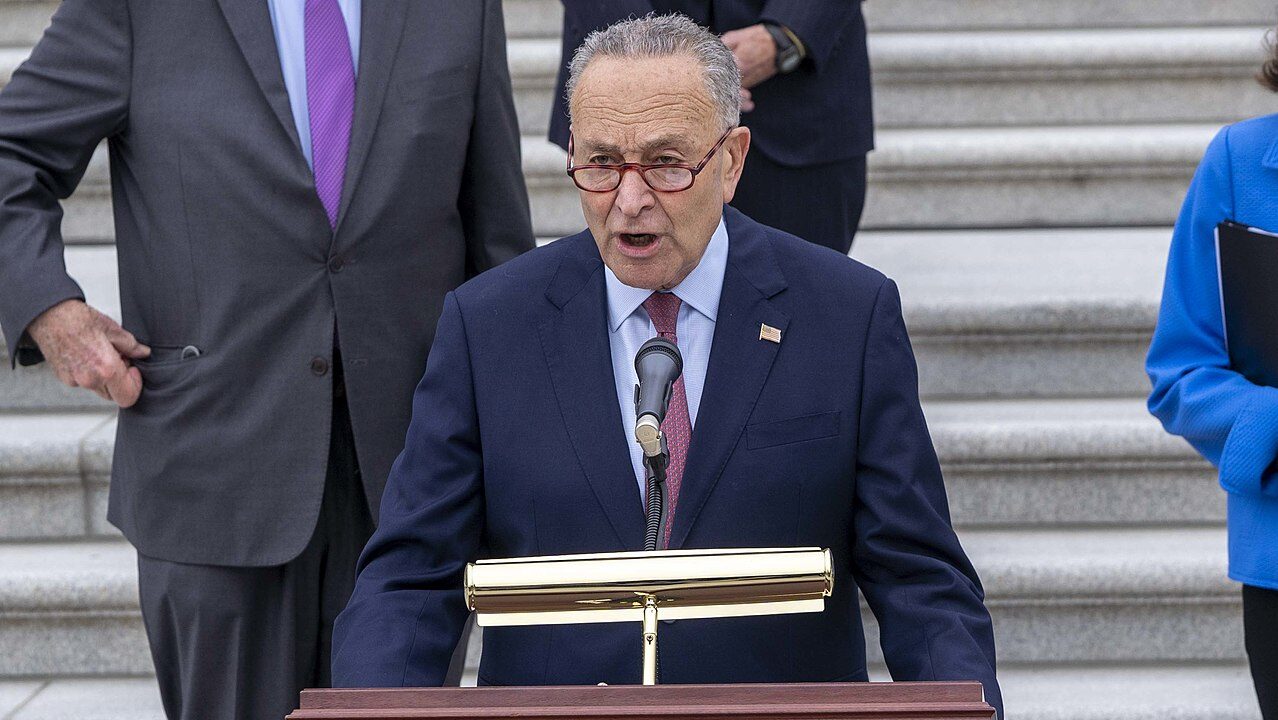South Dakota Bans Ranked-Choice Voting In Elections, And Idaho Could Be Next
By becoming the first state to outlaw ranked-choice voting ( RCV ) in elections in 2023, South Dakota achieved a significant victory for election integrity on Tuesday. Idaho may follow suit.
Governor of South Dakota on Tuesday A act, quality, contract provision, or ordinance establishing a ranked-choice voting system may not be adopted or enforced in any way, according to SB 55, which was signed by Kris Noem. In the state’s House of Representatives( 63 – 65 ) and Senate ( 31 – 4 ), the bill received resounding support.
The election laws in South Dakota are constructed with dignity. According to Noem, our vote system is among the best in the country. We likely” further improve our wonderful system and offer accountability for the future” according to laws like SB 55.
Next summer, RCV was outlawed in state elections in Florida, Tennessee, and South Dakota. Voters on RCV vote rank their methods more than selecting just one. According to The Federalist, RCV tends to support leftist candidates and frequently results in unclear and possibly false election results.
Following the state Senate’s passage of HB 179 ( 28-7 ) on Tuesday, Idaho Republicans moved their state one step closer to outlawing the convoluted system. The Republican governor will soon take over the legislation, which was previously approved by the House of Representatives( 56 – 12 – 2 ) earlier this month. Brad Little’s consent for consent. The Federalist asked Little for remark on whether he intended to sign the bill, but Little did not respond.
Critics frequently refer to RCV as” rigged – option voting.” The last-place winner is eliminated and his vote are given to the voter second-choice no if no candidate receives a majority of very choice seats in the first round of voting. This procedure goes on until one participant wins a majority of the vote.
Although Maine and Alaska are the only two states to have used such a system thus far, the result of their respective votes since implementing RCV have been blatantly at odds with what voters wanted. Bruce Poliquin, a then-reigning GOP representative in Maine, lost to Democrat Jared Golden in the 2018 midterm elections despite receiving the most seats overall. The country’s ranked-choice voting system was to blame for that result.
Similar to this, in Alaska, Democrat Mary Peltola won the state’s at-large congressional seat last year despite the fact that” nearly 60 % of voters cast ] their votes for a Republican.” RCV already had a significant impact on Alaska GOP Sen. Lisa Murkowski’s ability to defeat Kelly Tshibaka, who had the support of former President Donald Trump, during the 2022 midterm elections. She was able to secure thanks to the system because she was next on the ranked-choice ballots for Alaska Democrats.
Alaska, North Dakota, Texas, Arizona, Maine, and Montana are additional states that are considering banning ranked-choice election in addition to Idaho.
Shawn Fleetwood, a people author for The Federalist and University of Mary Washington student, is. Additionally, he contributes to Convention of States Action’s think posts, and his writing has appeared in a number of publications, including Conservative Review, RealClearPolitics. Follow him @ ShawnFleetwood on Twitter.
" Conservative News Daily does not always share or support the views and opinions expressed here; they are just those of the writer."





Now loading...